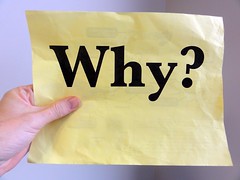

- ask@ferris.libanswers.com
- Phone Number231.591.3500
- FLITE Hours


If the database does not automatically display the full text, be on the lookout for buttons or links that say Ferris Full Text to see your full text options. More details are available on the Full Text Linking tab.
 What is a database?? A database is "A collection of information organized in such a way that a computer program can quickly select desired pieces of data. You can think of a database as an electronic filing system."
What is a database?? A database is "A collection of information organized in such a way that a computer program can quickly select desired pieces of data. You can think of a database as an electronic filing system."
So, if you want to find information on a certain topic, such as respiratory care, you can do a keyword search to find the related files.
You likely use databases all of the time, such as Google, or online shopping websites, but don't even realize that a database is what you're using.
To get to Health & Medical databases, use the following path:
Library's Homepage > Find button >Articles > Health & Medical Resources > *Select Desired Database
Over 36 million citations for biomedical literature from MEDLINE, life science journals, and ebooks that may link to full text content. Some content is Open Access.
Full text articles from over 8,900 publications including more than 7,800 peer-reviewed journals. Also contains citations for over 25,000 publications including white papers, reports, conference proceedings, etc.
Searches one, several, or all of the Gale databases simultaneously.
Over 11.5 million full text articles from medical journals and health magazines as well as reference sources, streaming video, audio, and images on health-related issues. Also includes Spanish editions of notable content, translation tools, and a Spanish search filter.

1. Most of what you find on Google isn't scholarly.
2. When you do find something scholarly on Google, the site often asks you to pay for it.
3. You should never have to pay for content. That's what the library is for!